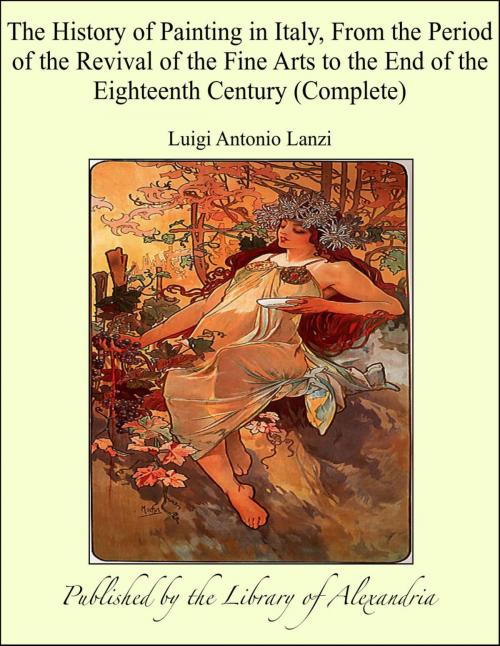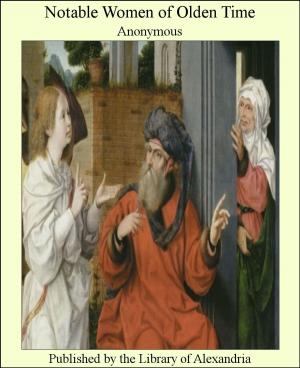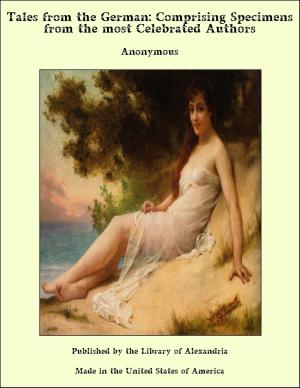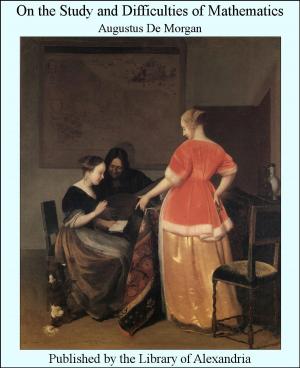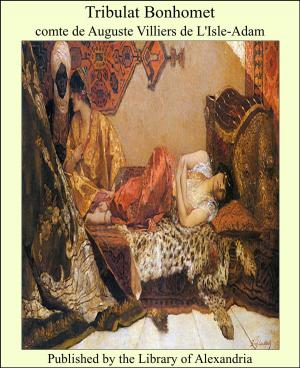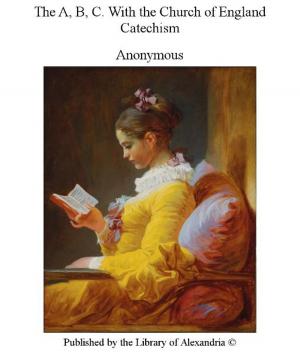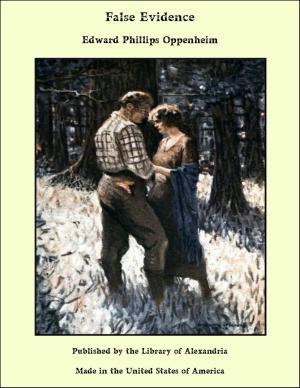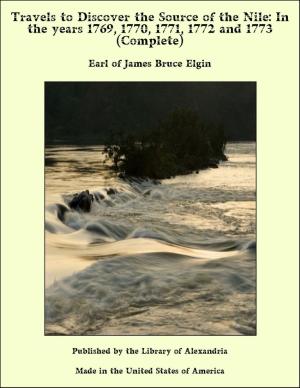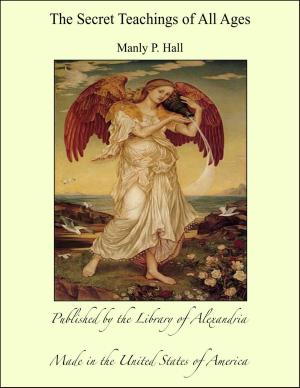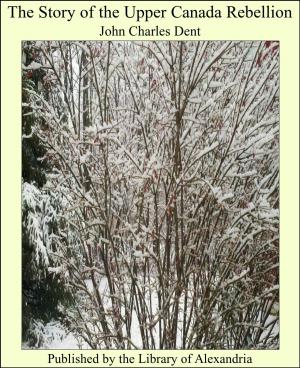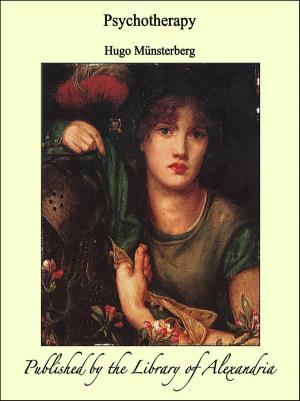The History of Painting in Italy, From the Period of the Revival of the Fine Arts to the End of the Eighteenth Century (Complete)
Nonfiction, Religion & Spirituality, New Age, History, Fiction & Literature| Author: | Luigi Antonio Lanzi | ISBN: | 9781465574916 |
| Publisher: | Library of Alexandria | Publication: | March 8, 2015 |
| Imprint: | Language: | English |
| Author: | Luigi Antonio Lanzi |
| ISBN: | 9781465574916 |
| Publisher: | Library of Alexandria |
| Publication: | March 8, 2015 |
| Imprint: | |
| Language: | English |
When detached or individual histories become so numerous that they can neither be easily collected nor perused, the public interest requires a writer capable of arranging and embodying them in the form of a general historical narrative; not, indeed, by a minute detail of their whole contents, but by selecting from each that which appears most interesting and instructive. Hence it mostly happens, that the diffuse compositions of earlier ages are found to give place to compendiums, and to succinct history. If this desire has prevailed in former times, it has been, and now is, more especially the characteristic of our own. We live in an age highly favourable, in one sense at least, to the cultivation of intellect: the boundaries of science are now extended beyond what our forefathers could have hoped, much less foreseen; and we become anxious only to discover the readiest methods of obtaining a competent knowledge, at least, of several sciences, since it is impossible to acquire them all. On the other hand, the ages preceding ours, since the revival of learning, being more occupied about words than things, and admiring certain objects that now seem trivial to the generality of readers, have produced historical compositions, the separate nature of which demands combination, no less than their prolixity requires abridgment.
When detached or individual histories become so numerous that they can neither be easily collected nor perused, the public interest requires a writer capable of arranging and embodying them in the form of a general historical narrative; not, indeed, by a minute detail of their whole contents, but by selecting from each that which appears most interesting and instructive. Hence it mostly happens, that the diffuse compositions of earlier ages are found to give place to compendiums, and to succinct history. If this desire has prevailed in former times, it has been, and now is, more especially the characteristic of our own. We live in an age highly favourable, in one sense at least, to the cultivation of intellect: the boundaries of science are now extended beyond what our forefathers could have hoped, much less foreseen; and we become anxious only to discover the readiest methods of obtaining a competent knowledge, at least, of several sciences, since it is impossible to acquire them all. On the other hand, the ages preceding ours, since the revival of learning, being more occupied about words than things, and admiring certain objects that now seem trivial to the generality of readers, have produced historical compositions, the separate nature of which demands combination, no less than their prolixity requires abridgment.
